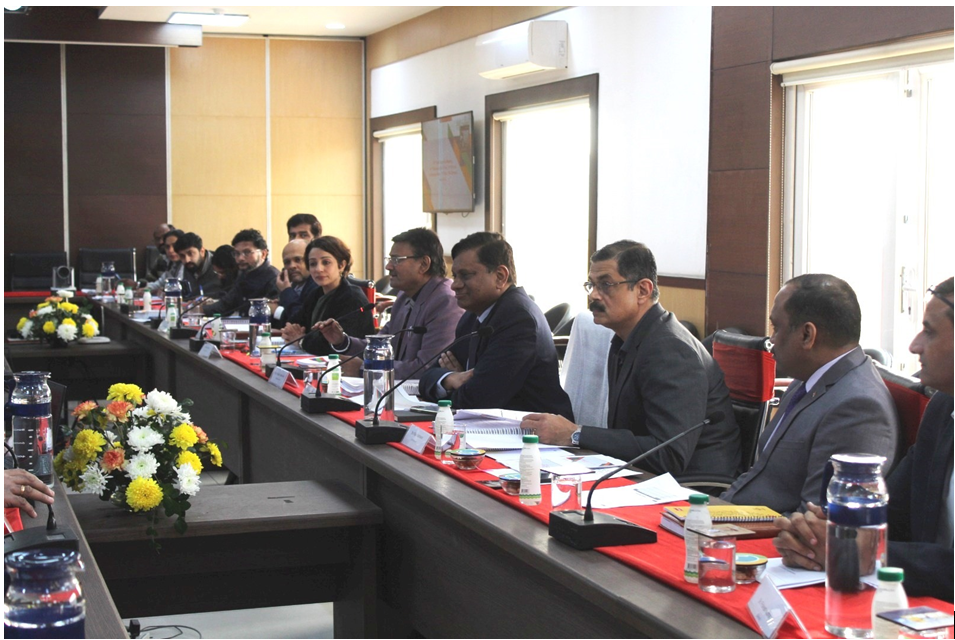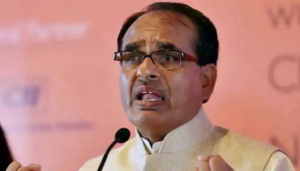- Only FSSAI certification would be mandatory for food products following finalisation of the amendments
- A first-of-its-kind and comprehensive manual of methods of analysis for ensuring regulatory compliance of food products also approved in the meeting
New Delhi. : In a move that would facilitate ease of doing business through the concept of ‘One Nation, One Commodity, One Regulator’, the Food Safety and Standards Authority of India (FSSAI) in its 43rd meeting held recently in New Delhi under the chairmanship of Union Health Secretary, Shri Apurva Chandra, approved various amendments to streamline food safety and standards regulations.

Various amendments across different Food Safety and Standards Regulations were approved in the meeting to do away with Bureau of Indian Standards (BIS) or AGMARK certification for food products. After the amendments are finalised, food businesses would not have to go to different authorities for mandatory certification with only FSSAI certification being made mandatory for food products.
Other approvals include standards of Mead (Honey wine) and Alcoholic Ready-to-drink (RTD) beverages, revision of standards of milk fat products, standards for Haleem etc.
The Food Authority also approved a first-of-its-kind and comprehensive manuals of methods of analysis for ensuring regulatory compliance of the food products.
The amendments across different Food Safety and Standards Regulations were approved in the meeting for draft notification to invite stakeholder comments before finalisation. These regulations included the revision of standards of Milk Fat Products, as part of which the fatty acid requirements for Ghee will also be applicable for other milk fat products.
The Food Authority is also going to set standards for ‘Haleem’ as part of standards for meat products. Haleem is a dish made of meat, pulses, grains and other ingredients, which currently don’t have any set standards.
Shri G. Kamala Vardhana Rao, CEO, FSSAI; officials from the Ministry of Health and Family Welfare, Ministry of Commerce, Ministry of Consumer Affairs, Food and Public Distribution, Ministry of Law and Justice, Ministry of Micro, Small and Medium Enterprises; States and Union Territories attended the meeting. Representatives from industry associations, consumer organizations, research institutes and farmers’ organisations were also present in the meeting.

